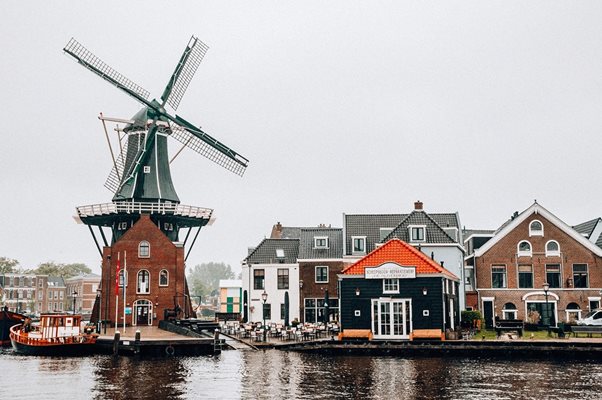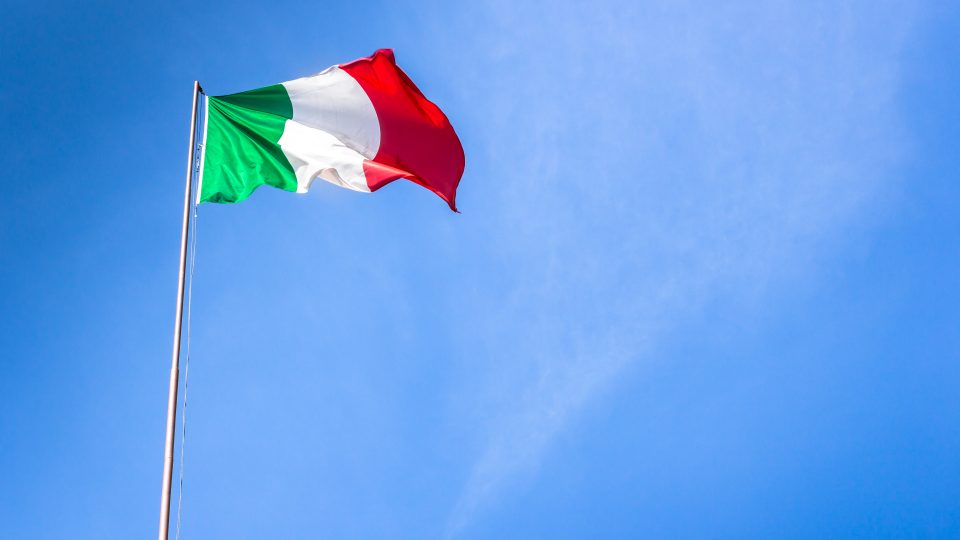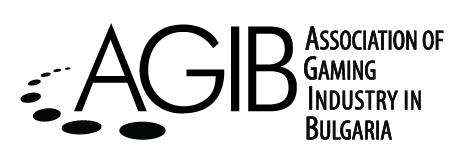Unlicensed online gambling operators in the Netherlands are sharing users’ personal data with other illegal companies, including some outside the European Union. This is revealed by a new study from the Dutch organization Quality Mark Responsible Affiliates (KVA), raising concerns about the security of thousands of people.
According to the research, six offshore platforms—easily accessible through popular affiliate sites and keyword searches—include clauses in their policies that allow unrestricted sharing of personal data with third parties. Among the analyzed operators are brands that operate without any regulatory oversight. This means that information such as names, addresses, and bank account details can be freely transferred to unknown companies without users ever realizing it.
The report highlights other alarming practices as well. People can register and gamble without identity verification, while operators reserve the right to refuse or delay the payout of winnings. Some platforms even allow deposits through youth bank accounts, effectively opening the door for underage participation.
The lack of regulation also eliminates all mechanisms for protection against gambling addiction. Unlike licensed operators, who are required to provide tools for self-exclusion and gameplay control, illegal sites offer no support at all. As a result, users are left completely unprotected—with no guarantee of fair play, no safeguarding of their personal data, and no security for their winnings.
The study also notes a sharp increase in traffic to such illegal sites. After stricter deposit limits were introduced for licensed casinos in October 2024, the number of visits to unlicensed platforms rose from 173,000 in October to over 400,000 in February. Searches for the term “casino without Cruks”—an attempt to bypass the national self-exclusion register—have also grown significantly.
“Illegal gambling not only deprives the state of revenue, it puts consumers in an extremely vulnerable position,” KVA commented. “When personal data is traded between unlicensed operators, and winnings can be denied without explanation, we are talking about a total lack of protection.”
The case in the Netherlands is indicative of a wider problem in Europe: the stricter the regulations for licensed operators, the more people turn to the grey market. Tax policy is a key factor here as well. High taxes imposed on licensed operators create a wide gap compared to illegal companies, which pay nothing and can therefore offer more attractive bonuses and conditions. This leads to unfair competition, where legal operators are put at a disadvantage, while consumers are lured by offers with no safety guarantees behind them.
Industry experts recommend a balanced tax policy, with rates in the range of 6–12%. This is considered a “golden mean,” ensuring both state revenue and the competitiveness of licensed operators. In Bulgaria, however, the gambling tax is 20%, placing it among the countries with the highest rates in Europe. This carries the risk of even greater growth of illegal gambling, as high taxes inevitably push some players into the grey sector.
Balanced regulation and reasonable tax policy are key to limiting illegal gambling and ensuring a safe and responsible gaming environment.
Source: 24 chasa




